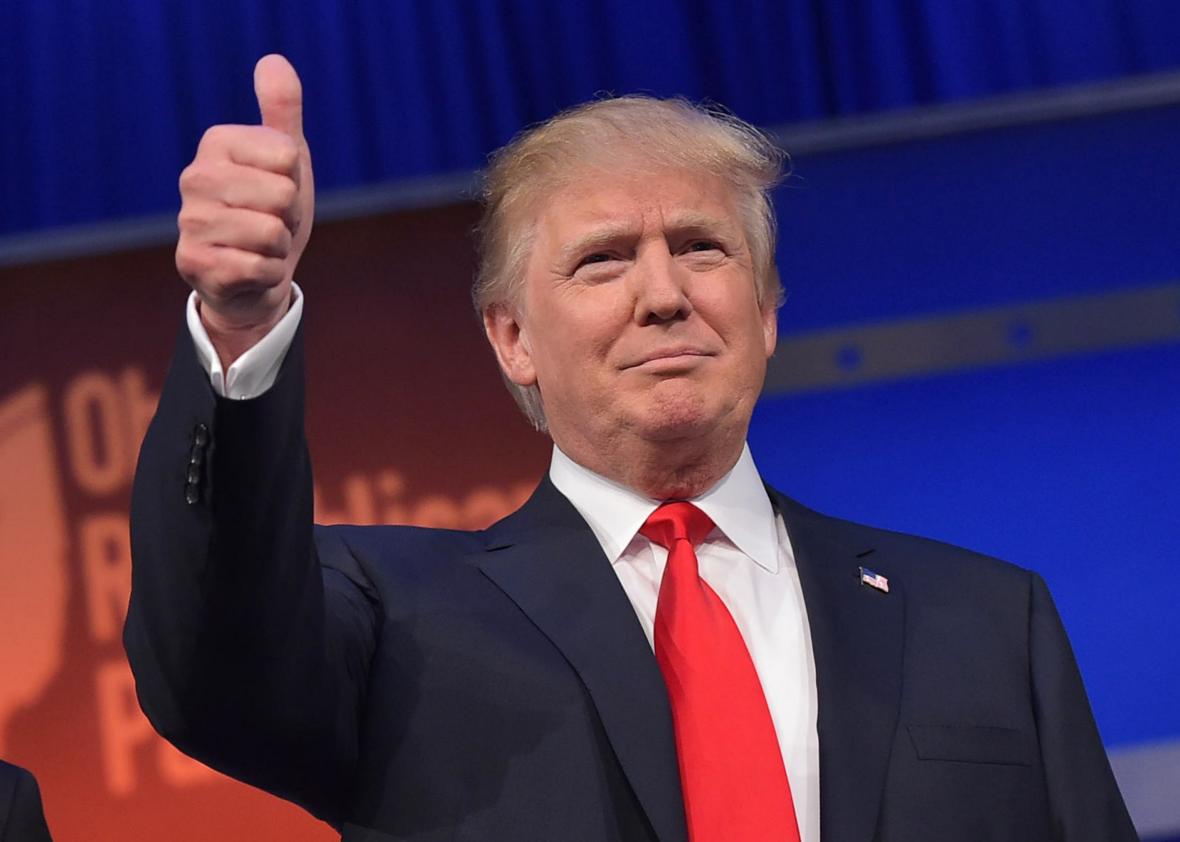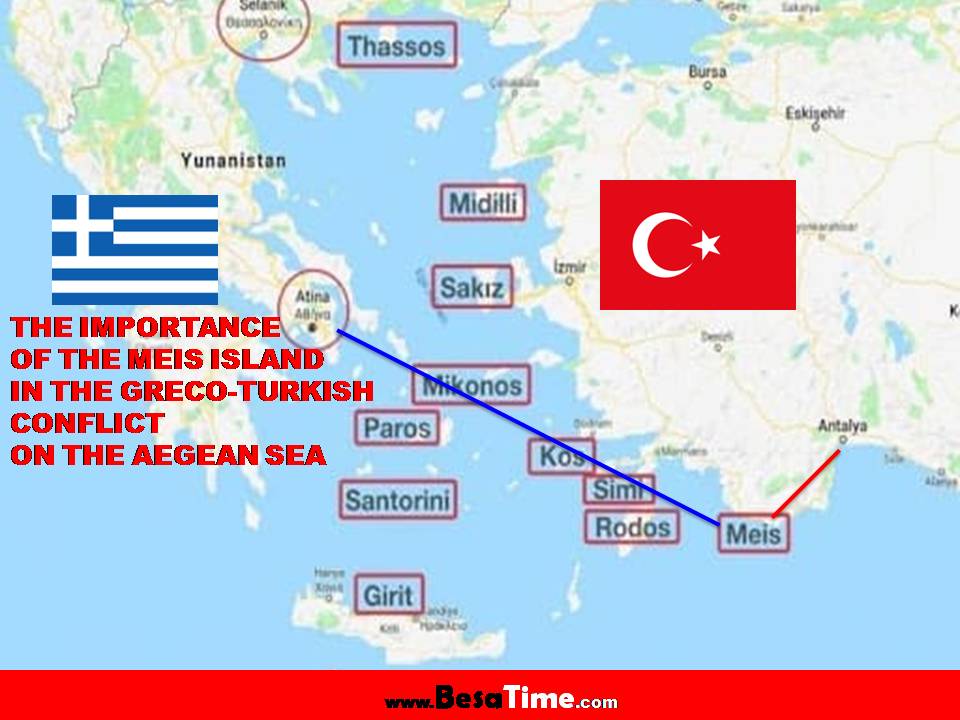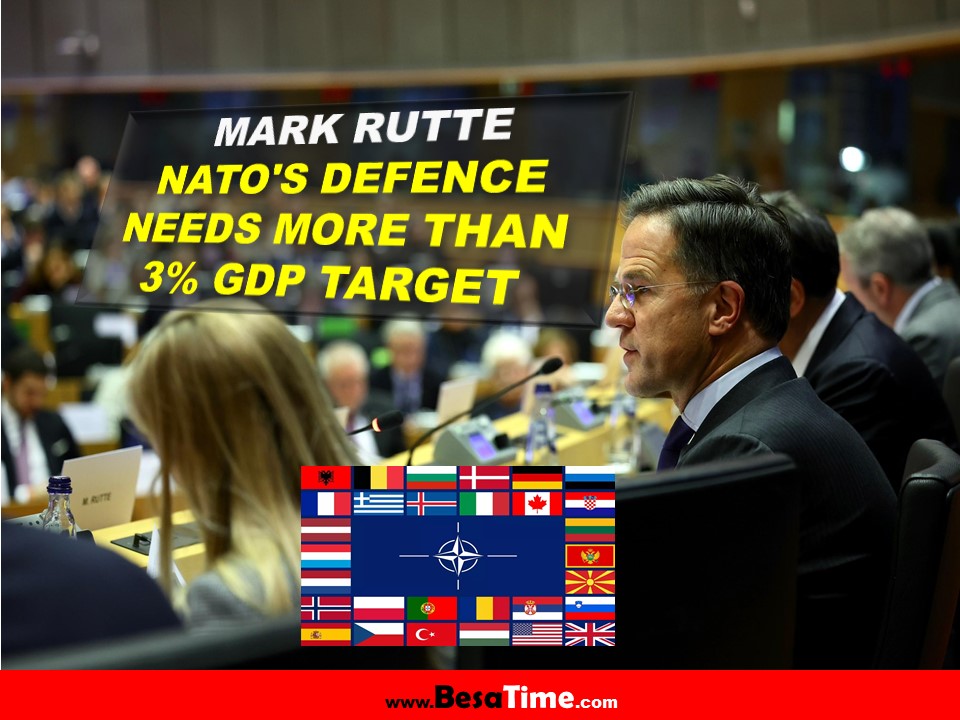
BESA TIME®
True News PortalJAPAN MOVES TO DOUBLE MILITARY SPENDING, WITH A WARY EYE ON CHINA
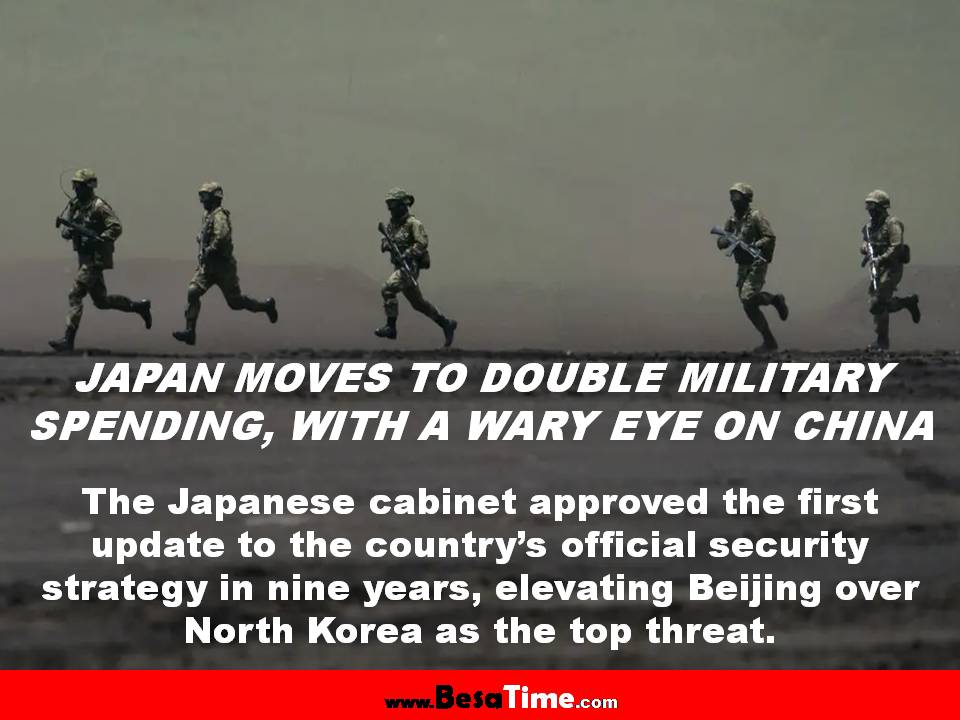
JAPAN MOVES TO DOUBLE MILITARY SPENDING, WITH A WARY EYE ON CHINA
By Ben Dooley* and Hisako Ueno**
Reporting from Tokyo, Dec. 16, 2022, NYTimes
The Japanese cabinet approved the first update to the country’s official security strategy in nine years, elevating Beijing over North Korea as the top threat.
Japan on Friday announced a new national security strategy that will double the amount earmarked for the country’s military defense, breaking with decades-long precedent on spending restraints as it seeks to strengthen its military capabilities to counter China’s rising power.
The new plan, approved by the cabinet on Friday, reflects the geopolitical shifts that have swept the region since the previous version was released nearly a decade ago. In 2013, the document described China and Russia as strategic partners. Now, it deems Beijing’s rise as the “greatest strategic challenge” to international order and toughens its assessment of a more belligerent Russia.
Speaking to reporters at a press briefing after the cabinet meeting, Prime Minister Fumio Kishida said that Japan had reached a “turning point” in its history that necessitated the buildup.
“In Japan’s neighboring countries and regions, there is more obvious shift toward attempts to unilaterally change the status quo by might,” he said, noting that Japan would take a wide range of measures, from military to diplomatic, to respond to the change.
The new strategy represents the latest step in Japan’s yearslong path toward building a more muscular military and reducing its dependence on U.S. forces. After decades of resistance to the idea, recent polls show that over half of the country now supports at least some military buildup, amid China’s growing aggression toward Taiwan and Russia’s war on Ukraine.
That has allowed Mr. Kishida to push forward defense measures that would have been viewed as extreme even recently in officially pacifist Japan, including the acquisition of missiles that could be used to target bases in enemy territory in response to an attack.
“One year ago, I couldn’t imagine that the Japanese people would support this kind of security initiative,” said Tetsuo Kotani, a professor of international relations at Meikai University and a senior fellow at the Japan Institute of International Affairs.
When Japan released its first national security strategy nine years ago, it identified North Korea and its nuclear program as the country’s greatest security concern. While the North’s flurry of missile tests this year and its expanding nuclear arsenal show that it has not receded as a threat, the security strategy now labels China the biggest challenge.
The 2013 document presaged that shift. It was prepared as part of a push by Shinzo Abe, the prime minister at the time, to budge the country from its postwar pacifism. He called such a change inevitable as China increased military spending and aggressively pursued territorial claims in the South China Sea and around the Senkaku Islands, which Japan administers.
In 2015, when Mr. Abe rammed through Parliament legislation that expanded the role of Japan’s military — euphemistically known as the Self-Defense Forces — the move was widely criticized by a public that cherished Japan’s status as the only nation to have renounced war.
For decades, efforts to make Japan a so-called normal nation free of pacifist constraints were largely the preoccupation of the country’s powerful right wing, which insisted that the Constitution’s limits on Japanese military power prevented it from defending itself and playing its proper role in world affairs.
But this month, when Mr. Kishida said he planned to double military spending, the ensuing debate largely focused not on whether the investment should be approved, but on how to pay for it.
“People support strengthening the Self-Defense Forces. They support defense spending increases, but they don’t like more taxes,” said Hideki Uemura, a professor of international politics and security at Ryutsu Keizai University.
As Japan moves to abandon its longstanding custom of keeping military spending around 1 percent of its economic output, the changing stance largely tracks its growing concerns about being dragged into a conflict between the United States and China over Taiwan.
In some ways, Japan is still trying to walk a tightrope with China, its largest export market, as it continues to seek improved ties, including last month with the first face-to-face meeting between the countries’ two leaders in three years.
But once-vague anxieties about potential Chinese military threats to Japan were given shape in August when Beijing responded to a visit to Taiwan by Speaker Nancy Pelosi with military exercises that included lobbing missiles into waters near Japanese islands.
Self-ruled Taiwan, which China has long claimed as its own, lies just under 70 miles off the coast of one of Japan’s southwestern islands and is a critical supplier of the semiconductors that go into its primary exports, such as automobiles. Any future conflict over Taiwan could involve Okinawa, which hosts the bulk of American military forces in Japan.
Japan’s spending priorities have also been informed by Ukraine’s experience fighting Russia’s invading forces and galvanizing Western support. Observing that conflict has led Japanese policymakers to more closely examine some of their own military’s weak points, particularly in cyberspace.
“The chief lesson from Ukraine is that if Japan hopes to enjoy external support, it needs to do more in its own defense,” said Brad Glosserman, an expert on Japanese policy and the deputy director of the Center for Rule-Making Strategies at Tama University.
The documents released Friday projected that spending will increase by a total of 43 trillion yen, or nearly $315 billion, over the next five years, reaching an annual total of about $80 billion by 2027.
While the new budget could catapult Japan up the ranks of the world’s top military spenders, it is a fraction of the $801 billion that the United States used for its military last year, or the $293 billion that China spent, according to data from the Stockholm International Peace Research Institute. In 2021, the data showed, Japan was the world’s ninth-biggest military spender, behind Saudi Arabia.
The budget increases will go to a wide variety of programs, such as fortifying public infrastructure like airports, to make sure they can accommodate military planes, or improving the transportation and storage of ammunition and fuel. The spending also includes subsidies for building up the national defense industry to make the country’s military less reliant on American weapons.
Many of the investments reflect the concerns over a more aggressive China.
Japan has begun to fortify islands in its southwestern archipelago, in preparation for a possible conflict over Taiwan. The new installations could make it harder for Chinese naval vessels to access the Western Pacific.
The country also plans to invest in so-called counter-strike capabilities, which have been promoted as a deterrent against missile attacks from China or North Korea by presenting a credible threat of retaliation. Japan hopes to obtain around 1,000 missiles, starting with U.S.-made Tomahawks before eventually moving to its own weapon systems.
Additionally, Japan will pursue a next-generation fighter jet in collaboration with Italy and Britain. The planes would supplement by the 2030s Japan’s fleet of American-made F-35s.
The new strategy was met with approval from Washington, which has long pushed Japan to take more responsibility for its own defense. Japan hosts the largest contingent of American troops overseas. Raising military spending to 2 percent of G.D.P. would bring Japan into line with pledges made by the members of the North Atlantic Treaty Organization.
The changes represent a “tremendous milestone” for Japan and for its military cooperation with the United States, said Rahm Emanuel, the American ambassador to Japan.
“They’re helping us put a capital D in deterrence,” he said.
*Ben Dooley reports on Japan’s business and economy, with a special interest in social issues and the intersections between business and politics. @benjamindooley
**Hisako Ueno has been reporting on Japanese politics, business, gender, labor and culture for The Times since 2012. She previously worked for the Tokyo bureau of The Los Angeles Times from 1999 to 2009. @hudidi1
The New York Times
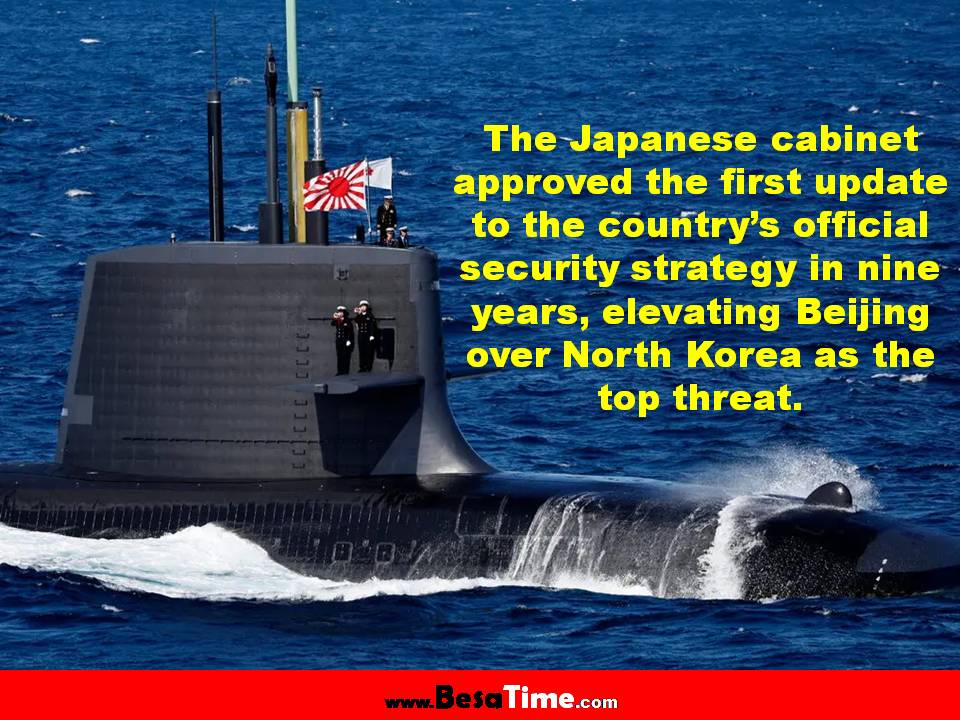

NEW GEOPOLITICAL BLOCS WILL GOVERN THE FUTURE
NEW GEOPOLITICAL BLOCS WILL GOVERN THE FUTURE By Abishur Prakash* The world is splitting into multiple groups, both formal and informal, which will reshape everything from supply chains to sustainability....
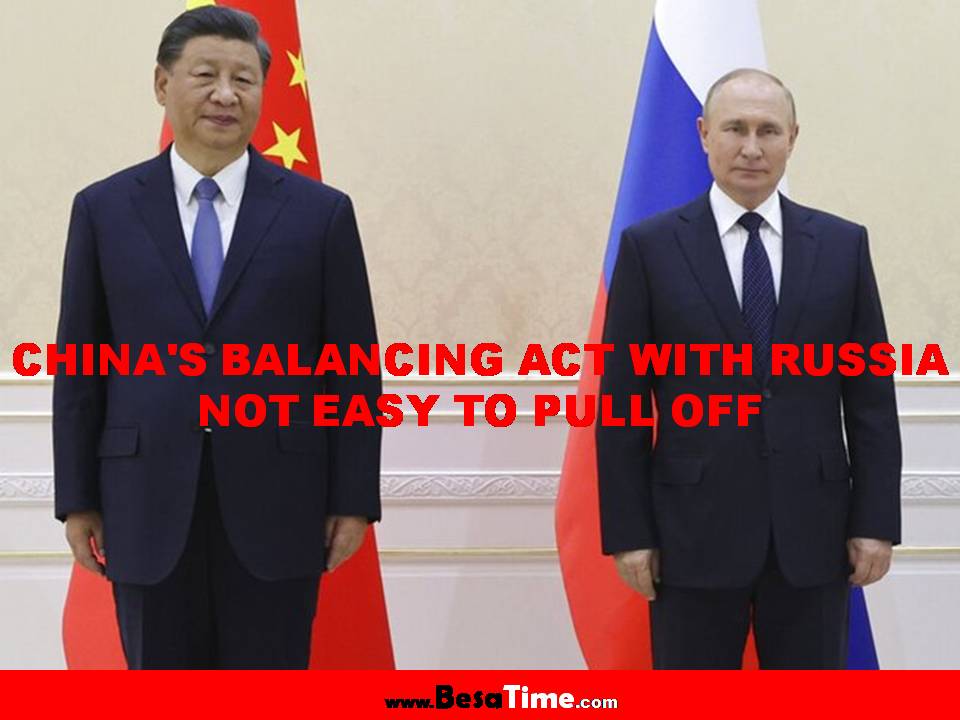
CHINA'S BALANCING ACT WITH RUSSIA NOT EASY TO PULL OFF
CHINA'S BALANCING ACT WITH RUSSIA NOT EASY TO PULL OFF Analysts “China, at least publicly, is not wanting to condemn Russia, but privately we can imagine that China is saying to Russia, look, this war is hurting you. It's hurting...
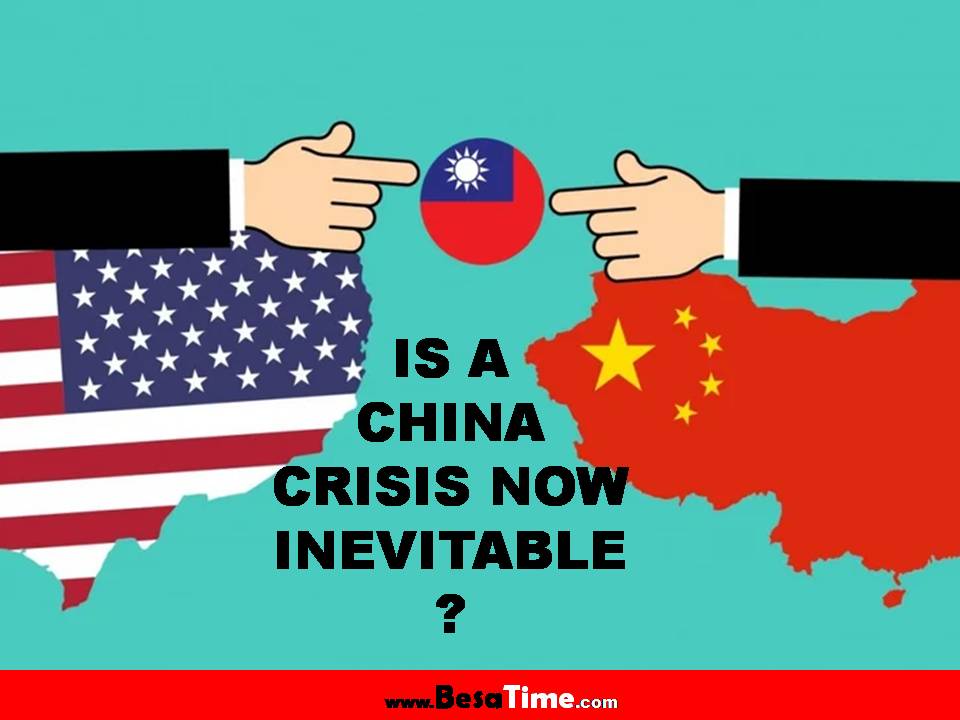
IS A CHINA CRISIS NOW INEVITABLE?
IS A CHINA CRISIS NOW INEVITABLE?...
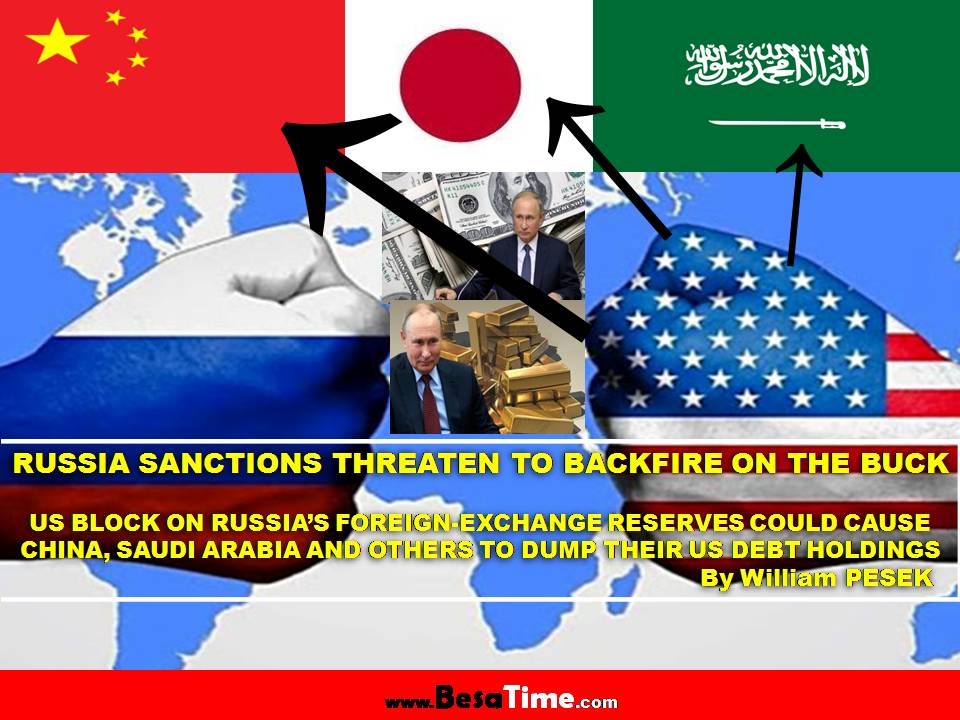
RUSSIA SANCTIONS THREATEN TO BACKFIRE ON THE BUCK
RUSSIA SANCTIONS THREATEN TO BACKFIRE ON THE BUCK US BLOCK ON RUSSIA’S FOREIGN-EXCHANGE RESERVES COULD CAUSE CHINA, SAUDI ARABIA AND OTHERS TO DUMP THEIR US DEBT HOLDINGS By William Pesek AsiaTimes...

AFTER 30 YEARS OF PEACE, UKRAINE CRISIS SHAKES EUROPEANS │ Steven ERLANGER
AFTER 30 YEARS OF PEACE, UKRAINE CRISIS SHAKES EUROPEANS Steven Erlanger│NYT The happy complacency of post-Cold War peace is being shattered by Russia’s threats, demands and massive military buildup around Ukraine....

